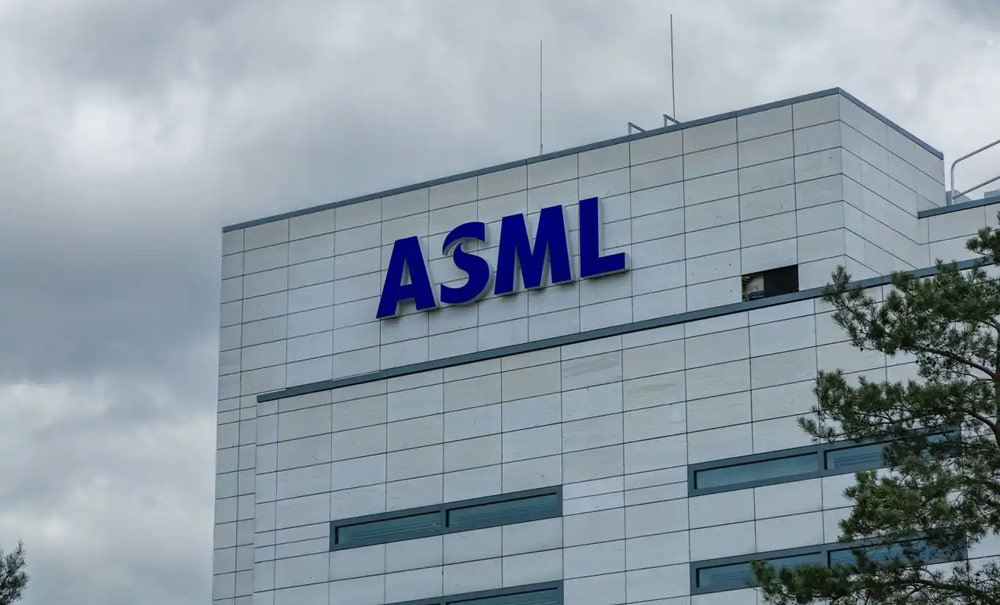Chip stocks across Asia and Europe took a hit on Wednesday following a disappointing sales forecast from Dutch semiconductor equipment maker ASML. The company’s outlook, combined with concerns over potential U.S. export restrictions, contributed to a global downturn in the semiconductor sector.
Key Market Reactions
In Asia, Japan’s Tokyo Electron experienced a significant drop, with shares falling nearly 10%. Other major players like Renesas Electronics and Advantest also saw declines, with shares dipping over 3% and 0.8%, respectively. Taiwan Semiconductor Manufacturing Company and Hon Hai Precision Industry (Foxconn) fell by 3.3% and 1.6%.
South Korea’s semiconductor giants were not spared, as SK Hynix and Samsung Electronics saw shares decrease by 1.6% and 1.9%, respectively. This sector-wide decline affected major indexes, with Japan’s Nikkei 225 losing over 2%, South Korea’s Kospi down 0.6%, and the Taiwan Weighted Index sliding 0.7%.
European Impact
ASML’s stock continued its decline for a second day, losing 5% at the start of the European trading session after a 16% drop on Tuesday. The company’s market value plummeted by 49.2 billion euros ($53.6 billion) in a single day. This decline also impacted other European semiconductor firms, including ASMI and BE Semiconductor, which fell by 2.3% and 1.9%, respectively.
ASML’s Forecast and Challenges
ASML reported net sales for 2025 to be between 30 billion and 35 billion euros, at the lower end of previous forecasts. The net bookings for the September quarter were significantly lower than expected, at 2.6 billion euros compared to a 5.6 billion euro estimate. Despite this, net sales exceeded expectations at 7.5 billion euros.
ASML’s CEO, Christophe Fouquet, expressed caution among customers, noting that recovery would be more gradual than anticipated. The company is also grappling with a tougher business outlook in China due to U.S. and Dutch export restrictions.
Broader Industry Concerns
The semiconductor sector faces additional pressures from potential U.S. export caps on advanced AI chips, as reported by Bloomberg. Such restrictions could impact companies like Nvidia and AMD, which have already seen stock declines.
ASML CFO Roger Dassen highlighted that China is expected to contribute around 20% of the company’s total revenue next year, down from 49% in the previous quarter.











